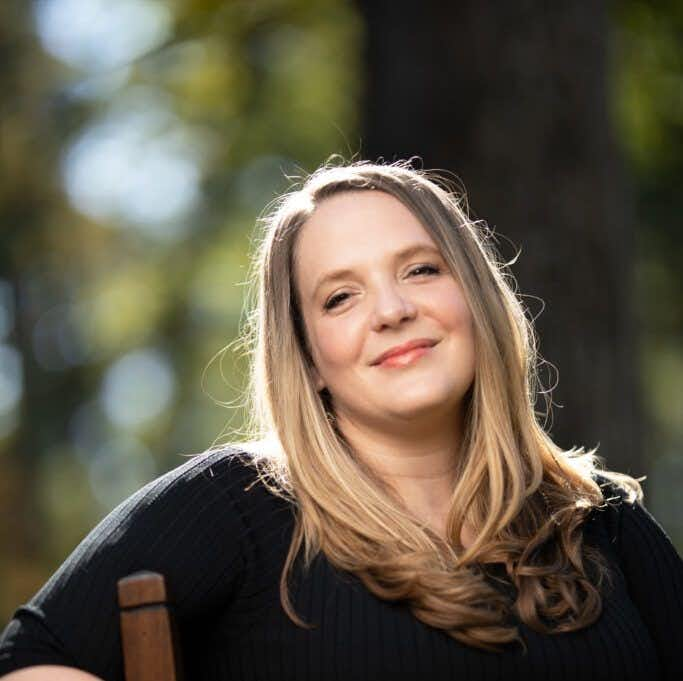
The Plant Hunter’s Quest for Nature’s Next Medicines (Archive)
Cassandra Quave is an explorer and an ethnobotanist uncovering potential ways that plants can benefit human health. She has a particular interest in multi-antibiotic resistant infections. Not only do these pose a grave risk for people around the world; her professional interest is also personal. When she was three years old, she suffered a post-surgical infection that very nearly took her life. As she grew older, she learned about both medicine and anthropology. A research trip to Peru started her lifelong quest for nature’s next medicines from plants.
The Quest for Nature’s Next Medicines:
Science does not happen only in laboratories. Moreover, knowledge is not limited to scientists. Indigenous people around the world have developed detailed plant-based pharmacopeias. This could be essential to those in the industrialized world, since superbugs threaten to overwhelm us. We need a paradigm shift away from ever stronger antibiotics. As the microbes are developing resistance at a terrifying pace, our economic model for antibiotic development is foundering.
Plants may offer part of the solution. We know of approximately 374,000 species. Of these, about 33,000 are used by humans for their healing power. Even those with no antimicrobial properties may help fight infections. In particular, plants that disrupt biofilm formation, such as the Brazilian pepper tree, can be useful in this regard.
The Power of Ethnobotany:
The history of utilizing plants as medicine is rich and deep. In fact, some of the most important drugs we use on a regular basis were initially derived from plants. For example, artemisinin and quinine compounds are prescribed for malaria. It would be difficult to treat pain adequately without aspirin or opioids, also from plants. Digoxin is an old-fashioned medication from foxglove (digitalis) that helps to combat heart failure. Paclitaxel, on the other hand, is a relative newcomer for fighting a range of cancers. However, it too is a plant derivative.
The quest for nature’s next medicines has taken Dr. Quave around the world. The work is urgent, as biodiversity shrinks. In addition, traditional knowledge is dynamic. As the speakers of indigenous languages die out, their ecological understanding and plant-oriented wisdom is dying with them. It is crucial to learn how to benefit from their knowledge without taking unfair advantage of them. That is a critical part of Dr. Quave’s quest for nature’s next medicines. She also shares some of the cool discoveries that she and her colleagues and students have made in her lab.
This Week’s Guest:
Cassandra Quave, PhD, is the herbarium curator and an associate professor of dermatology in the School of Medicine as well as associated professor in the Center for the Study of Human Health in the College of Arts and Sciences at Emory University. There, she leads anti-infective drug discovery research initiatives and teaches courses on medicinal plants, food, and health. Dr. Quave is the author of The Plant Hunter: A Scientist’s Quest for Nature’s Next Medicines. The photograph is copyright Kemi Griffin.
Listen to the Podcast:
The podcast of this program will be available Monday, September 5, 2022, after broadcast on Sept. 3. You can stream the show from this site and download the podcast for free.

